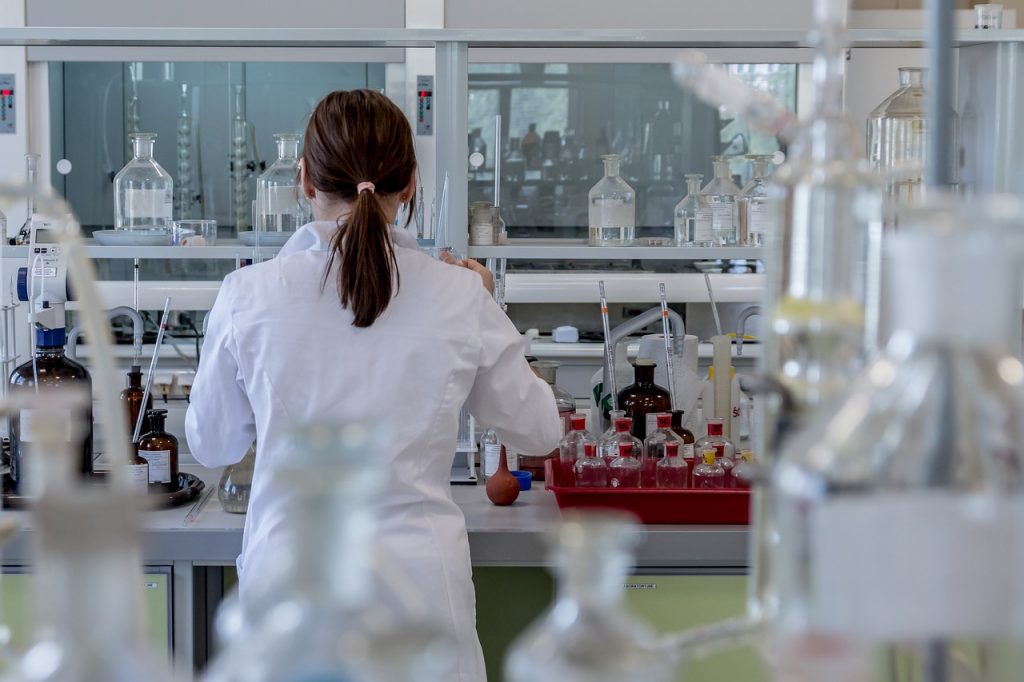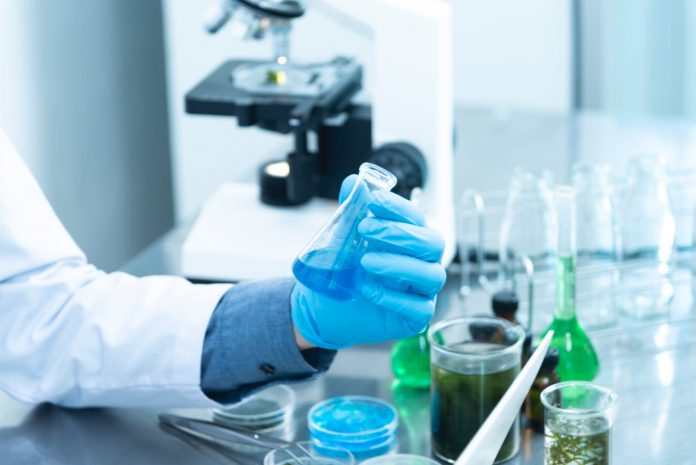If you pick up a soft drink can you will find plenty of chemistry, from the liquid inside, to the paint used, to the metal in the can that you are holding in your hand.
When you are breathing in and out you are actually conducting a chemical reaction. That might sound a bit scary, but it is actually a very good thing.
Sometimes chemistry is referred to as “central science” since it helps with connecting physical sciences, such as physics and maths, as well as applied sciences, such as engineering, medicine, and biology.
What skills will I obtain from studying chemistry?
All of the experimentation and questioning that is done can come in very handy in terms of building an entire range of work skills.
Chemistry will help you develop analytical, problem-solving, and research skills. It can demonstrate how you working through things logically and by using step-by-step reasoning and that you challenge ideas. Chemistry also frequently requires communication skills and teamwork, which are good for project management positions.
What careers are well suited for chemistry?
Chemistry can help you get ahead in a majority of STEM (science, technology, engineering, and maths) positions and many other career fields as well.
Chemistry is a very important subject for the following careers: environmental science, medicine, toxicology, engineering, metallurgy (the study of metals behaviour), developing consumer products, developing cosmetics and perfumes, space exploration, energy, pharmaceuticals, software research and development, science writing, and teaching. Teaching Personnel can help you get on the right path to a rewarding teaching career.

Are you sceptical? We conducted a study with individuals who studied chemistry at the A-level and beyond and then went on to have incredibly varied careers:
- Surgeon
- Games Product Manager
- Sports Reporter
- Student Vet
What subjects go with chemistry?
Chemistry can help your studies of other technical subjects and sciences, including geology, geography, psychology, IT, engineering, biology, physics, and maths. However, if you study it along with an essay subject such as history or a modern language at A-level then you will have even more and course options.
What other qualifications and degrees need chemistry?
Science and Maths
Chemistry is used in a wide range of biology, physics, and maths.
For example, for degrees in geology or medicine, you normally will need two out of those four subjects at the A-level. Quite often chemistry is highly recommended, particularly for life sciences, where living organisms like humans and animals are studied quite extensively.
Usually, chemistry is required in degree courses such as chemistry (no really), biochemistry, dentistry, chemical engineering, pharmacy, and dietetics (studies of nutrition and food), and much more.
Chemistry is frequently recommended for needed for the following fields: veterinary science, zoology, psychology, sports science, nursing, physiotherapy, materials science, environmental sciences, geography, many kinds of engineering, medicine, and biology.
As you can see, chemistry is a very useful subject that used in everyday practical life and can lead to many successful and rewarding careers.



























































